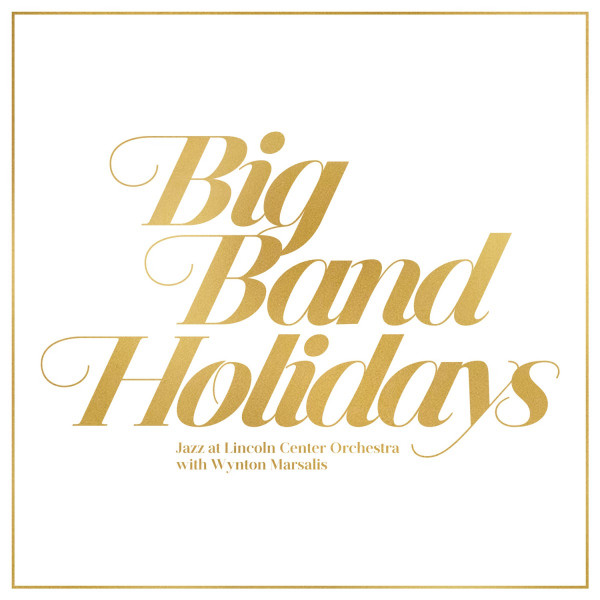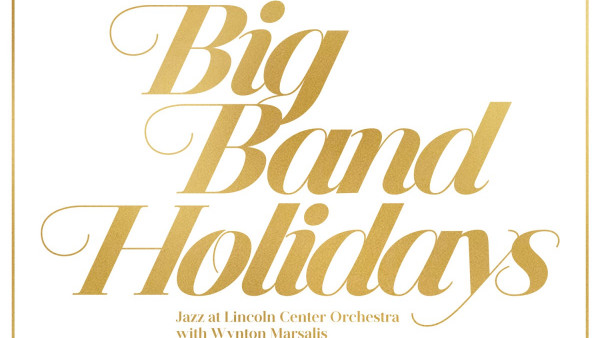Jingle Bells and jazz
Wynton Marsalis, one of the most important American musicians of the past 50 years, is on the phone from his home in New York City. We’re talking about “Jingle Bells.”
The conversation started rather awkwardly, on my part, anyway. I mean, this is a guy who has dedicated much of the past four decades ensuring that jazz is recognized as a true American art form, perhaps the American art form … and I’m asking him if he and his extraordinary Jazz at Lincoln Center Orchestra play “Jingle Bells.”
“We do,” he says, leaving a wry pause for effect. Of course, it’s not your typical “Jingle Bells,” he explains.
“It’s a great Ernie Wilkins arrangement that he did for Count Basie. I wasn’t even aware of it. Never even heard of it until our holiday shows started. I was doing research when we changed it up from a smaller group to a big band. I went through a lot of Christmas arrangements and I found this great one.”
In the hands of the 17-piece Lincoln Center Orchestra, the fluffy seasonal standard swings with grace, dignity and virtuosity while leaving plenty of room for improvisation. There’s a good chance you’ll hear it Monday, Dec. 7, when Marsalis brings the band to Hamilton Place.
Marsalis, widely considered the greatest trumpeter of his time, is a nine-time Grammy winner and the only person to take home music’s top award in both jazz and classical categories in the same year. In 1997, he became the first jazz musician to win the Pulitzer Prize for Music after writing the oratorio “Blood on the Fields.”
Marsalis, 54, is part of one of America’s greatest musical families. His father, Ellis Marsalis Jr., is a master of jazz piano and a professor of music at New Orleans University. Four of Wynton’s five brothers are also jazz musicians, including acclaimed sax player Branford Marsalis.
In 1987, Wynton Marsalis co-founded the jazz program at New York’s Lincoln Center. Nine years later it became a full component of the venerable institution, on a par with the New York Philharmonic, the Metropolitan Opera and the New York City Ballet. Jazz at Lincoln Center now runs a dozen educational programs and is responsible for programming as many as 500 events around the world each year.
At its heart is the orchestra, a veritable who’s who of jazz players from across the United States, including renowned tenor saxophonist Victor Goines, the director of jazz studies at Chicago’s Northwestern University.
They play a ridiculously wide range of styles — big band swing, traditional, classical, Latin and Afro. They have performed with Ghanaian drum collectives and the great symphonies of the world. Four years ago they even rocked out with Eric Clapton.
But the orchestra’s annual Christmas shows are among its most popular. They’ve been doing them for more than 10 years at the Lincoln Center. Last month, the Jazz at Lincoln Center Orchestra released a live recording “Big Band Holidays” on its new Blue Engine label. Included among the 11 tracks are “White Christmas,” “I’ll Be Home for Christmas,” and “Jingle Bells.”
For the past couple of years, the orchestra has taken the holiday show on the road to a few select theatres. Hamilton Place is the tour’s only Canadian stop.
For the band, the holiday shows are a fun break from the more serious aspects of music. But Marsalis also sees the Christmas shows as a way of spreading jazz consciousness.
“This is a body of material that people all know,” explains Marsalis, who writes violin concertos and symphonies when he’s not playing jazz. “It’s easier for people to understand the art of jazz through songs that they know.”
Yes, Marsalis takes even “Jingle Bells” seriously. It is all part of what he sees as his “mission.”
“We’re trying to create change in our culture, really the culture of the world, around the consciousness of jazz, and bring people together through the sound of the music, and raise awareness and participation and advocacy for it. That’s a life-long mission. I never expect to not be on that same path.”
Still, Marsalis admits, it’s a lot of fun, too.
“After all this time together, we enjoy hearing each other play,” he says. “Each person solos once a night. When we get down to the last two or three songs, we’re looking around to try to determine how we can shuffle the solo artists so we can get the person who has not played a solo to play a solo.”
by Graham Rockingham
Source: Hamilton Spectator



Comments
Nice article! Thanks for sharing this. When I read this I knew it is worth reading and that’s the reason to recommend it. Christmas is coming and I think we all need to discover some new things in next year. In addition I can recommend the article titled: “The Shortest Resume Ever – Your Elevator Pitch” to you.
StacyWilliams on Dec 1st, 2015 at 11:34am